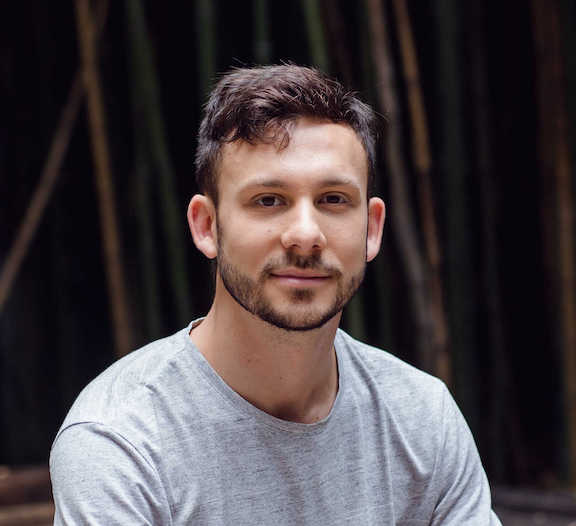People
Faculty
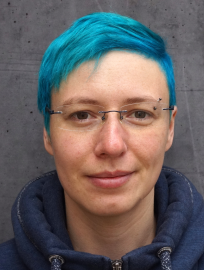
Jana Lasser
I am a PostDoc at David Garcia's Computational Social Science lab at the Graz University of Technology and the Complexity Science Hub Vienna. Drawing from my experience in nonlinear dynamical systems, my current research activity centres around emergent phenomena in complex social systems. I employ methods from machine learning, data science, sociophysics to understand a diverse range of topics, from emotion dynamics to the spread of diseases and misinformation in the field of Computational Social Science.https://janalasser.at
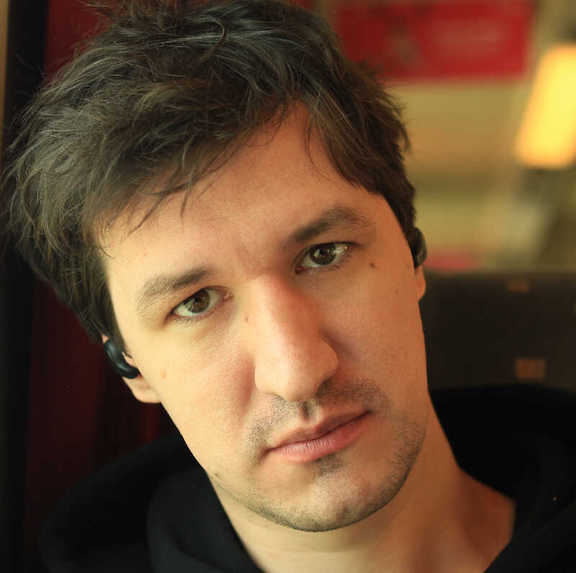
Ivan Smirnov
I am a computational social scientist working at RWTH Aachen University. After receiving a doctoral degree from HSE University in Moscow, I founded and led a computational social science research group there. We were using big data and machine learning to better understand human behavior and complex social phenomena. Our main focus was on inequality in education and the psychological well-being of students.https://ismirnov.eu

David Garcia
David holds computer science degrees from Universidad Autonoma de Madrid (Spain) and ETH Zurich (Switzerland). David did a PhD and Postdoc at ETH Zurich, working at the chair of systems design. His research focuses on computational social science, designing models and analysing human behaviour through digital traces. His main work revolves around the topics of emotions, polarization, inequality, and privacy, combining statistical analyses of large datasets of online interaction with computational models. His thesis “Modeling collective emotions in online communities” provides an example of how agent-based modeling can be used to construct an integrated approach to collective emotional phenomena in cyberspace. His postdoctoral research on opinion polarization and online privacy has been funded by the Swiss National Science Foundation and the ETH Risk Centre. https://dgarcia.eu/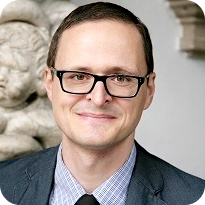
Markus Strohmaier
Markus Strohmaier leads the Chair for Data Science in the economic and social sciences at University of Mannheim (Germany). He is also the Scientific Coordinator for Digital Behavioral Data at GESIS and an External Faculty Member at the Complexity Science Hub Vienna. Previously, he was a Post-Doc at the University of Toronto (Canada), an Assistant Professor at Graz University of Technology (Austria), a visiting scientist at (XEROX) Parc (USA), a Visiting Assistant Professor at Stanford University (USA) and the founder and scientific director of the department for Computational Social Science at GESIS (Germany). He is interested in applying and developing computational techniques to research challenges on the intersection between computer science and the social sciences / humanities. http://markusstrohmaier.info/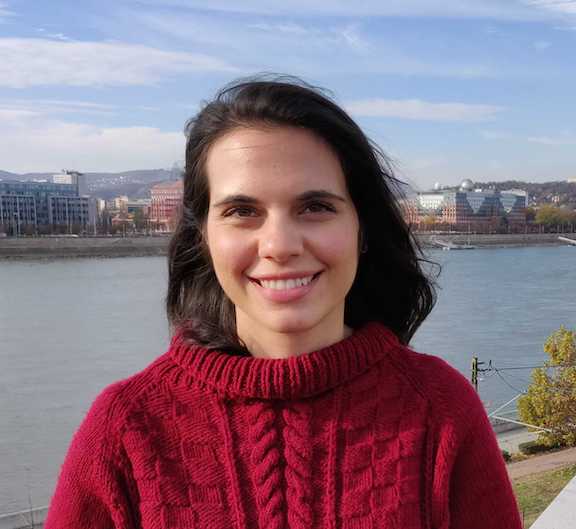
Anna Di Natale
I am a PhD candidate at the Medical University of Vienna, Graz University of Technology and Complexity Science Hub. I am part of the Computational Social Science Lab Austria, led by David Garcia, where we study human behavior through digital traces. Previously, I have studied mathematics at the University of Bologna. I am mainly interested in approaching linguistic theories through data science and in the use of the insights gained in such process for the creation of novel NLP methods. In my PhD I study the linguistic idea of colexification from a computational point of view.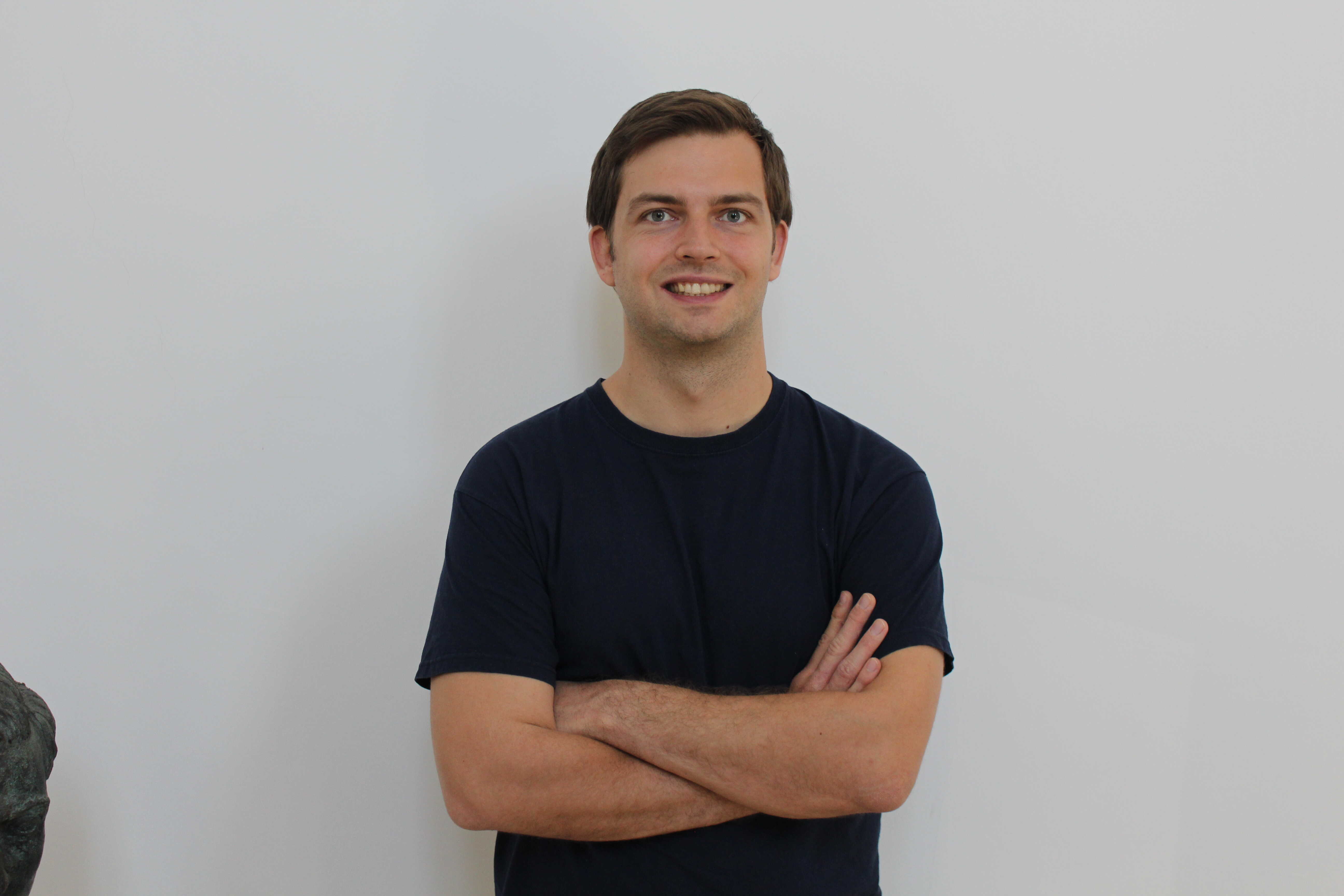
Max Pellert
Max Pellert has a background in Cognitive Science and Economics (University of Vienna, Austria and University of Ljubljana, Slovenia). He was a doctoral researcher affiliated to Complexity Science Hub Vienna and Medical University of Vienna in the WWTF research group 'Emotional Well-Being in the Digital Society' lead by David Garcia (University of Konstanz). He works now as Assistant Researcher at Sony CSL Rome. His research focuses on analyzing the digital traces of individual and collective emotional behavior and affective expression on social media. He is broadly interested in the social sciences and uses traditional and novel computational methods to study emotion dynamics, belief updating, collective emotions and other interesting phenomena.Speakers
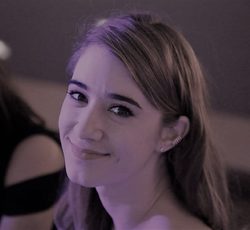
Alina Arseniev-Koehler
Alina Arseniev-Koehler is a computational and cultural sociologist with substantive interests in language, health, and social categories. Alina strives to clarify core concepts and debates about cultural meaning in sociology, such as how humans process meanings in their cultural environment and how widely-shared meanings are encoded in language. Alina's empirical work focuses on cases where meaning is linked to stigma and inequality, such as the moralization of body weight and disease.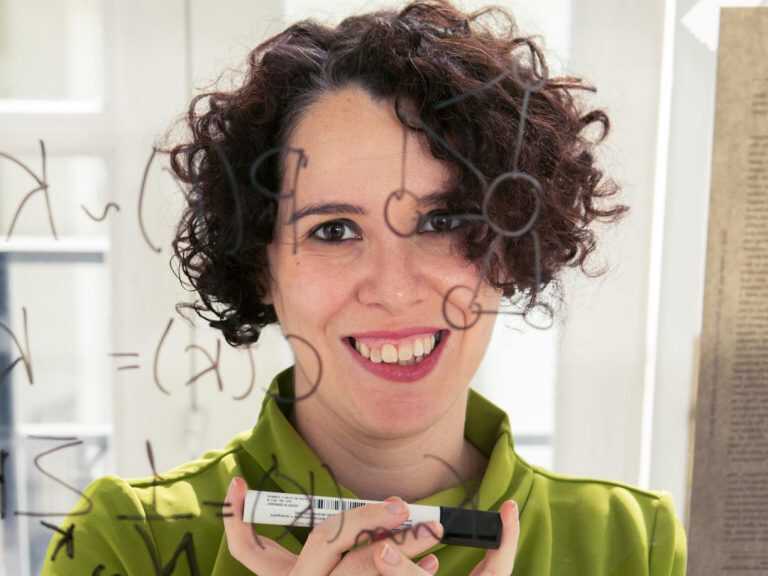
Roberta Sinatra
Roberta Sinatra is Associate Professor in Data Science and Network Science at ITU Copenhagen and holds visiting positions at ISI (Turin, Italy) and Complexity Science Hub (Vienna, Austria). Starting in October 2022, she will be Professor in Social Data Science at the University of Copenhagen. She is the coordinator of the NEtwoRks, Data, and Society (NERDS) Research group and a co-lead at the AI pioneer centre in Copenhagen. Her research is at the forefront of network science, data science and computational social science. Currently, she spends particular attention on the analysis and modeling of dynamics that lead to the collective phenomenon of success, with focus on science and art, and on data-for-good applications. Roberta completed her undergraduate and graduate studies in Physics at the University of Catania, Italy, and was first a James McDonnell postdoctoral fellow, then a research faculty at the Center for Complex Network Research of Northeastern University (Boston MA, USA). Her research has been featured in The New York Times, Forbes, The Economist, The Guardian, The Washington Post, among other major media outlets. Her research has been awarded the Complex Systems Society Junior prize, the DPG Young Scientist Award for Socio- and Econophysics, and a Villum Young Investigator grant.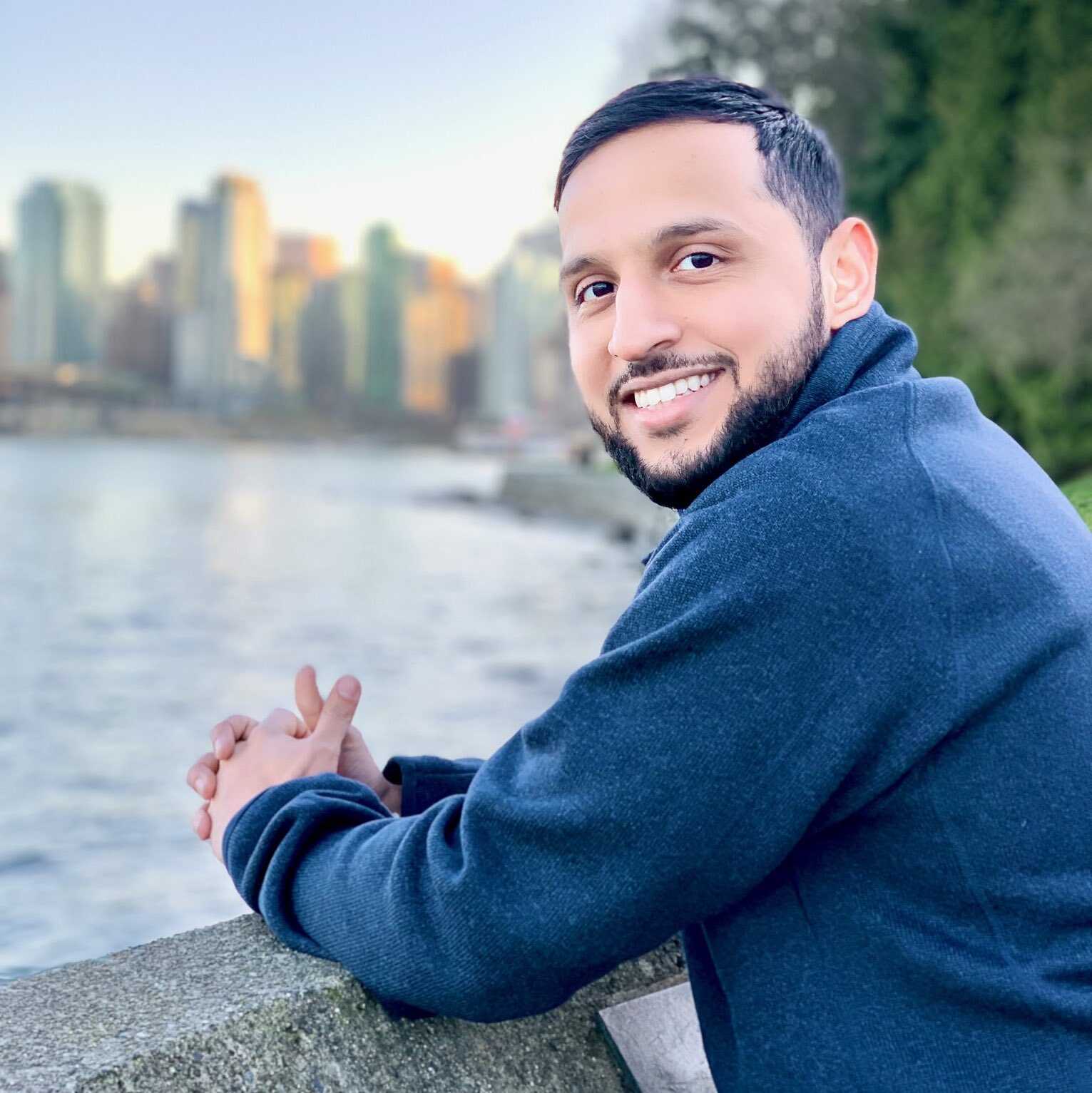
Suhem Parack
Suhem Parack is a Staff Developer Advocate at Twitter. He helps students and academic researchers with their research using the Twitter API. Before joining Twitter, he was a Solutions Architect at Amazon.
Chris Bail
Chris Bail is Co-Founder of SICSS and Professor of Sociology and Public Policy at Duke University where he directs the Polarization Lab. He is also affiliated with the Interdisciplinary Data Science Program, the Duke Network Analysis Center, and serves on the Advisory Council of the National Science Foundation's SBE Directorate. His research examines political polarization, culture and social psychology using tools from the field of computational social science. He is the author of Breaking the Social Media Prism: How to Make our Platforms Less Polarizing.Teaching Assistants
Participants

Bolaji Akorede
Bolaji Akorede is a master's degree student at the school of collective intelligence at Mohammed VI Polytechnic University, Morocco. He has a bachelor of technology in human physiology. He has conducted studies on aging, ulcer healing, and memory. He is a tech lover and has expertise in data science using python, R, SAS, etc. He is currently conducting research using the wisdom of crowds. He is making use of how we can use the wisdom of crowds and different cognitive tools present in humans to solve human problems. He has an interest in behavioral and social science and is interested in how drug abuse affects decision-making and other cognitive abilities. He is open to Ph.D. opportunities and is ready to relocate. You can contact him for further discussion.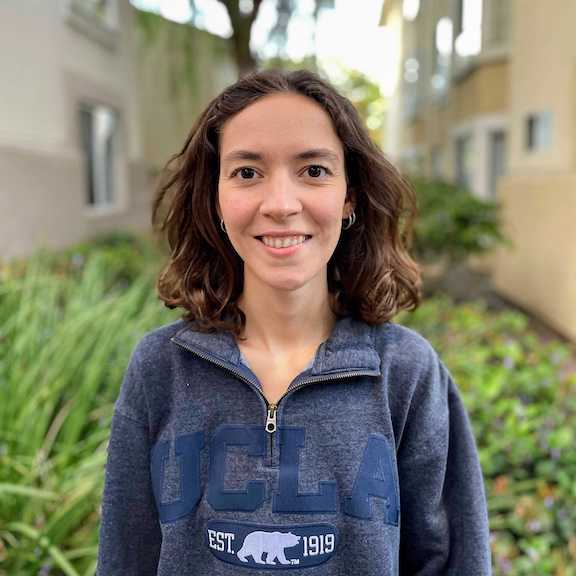
Gülşah Akçakır
Gülşah Akçakır is a first-year PhD student at the University of California, Los Angeles. Her research examines the dynamics of complex social systems using social networks and agent-based models. She holds an MS in industrial engineering from Boğaziçi University, and a BS in industrial engineering from Istanbul Technical University.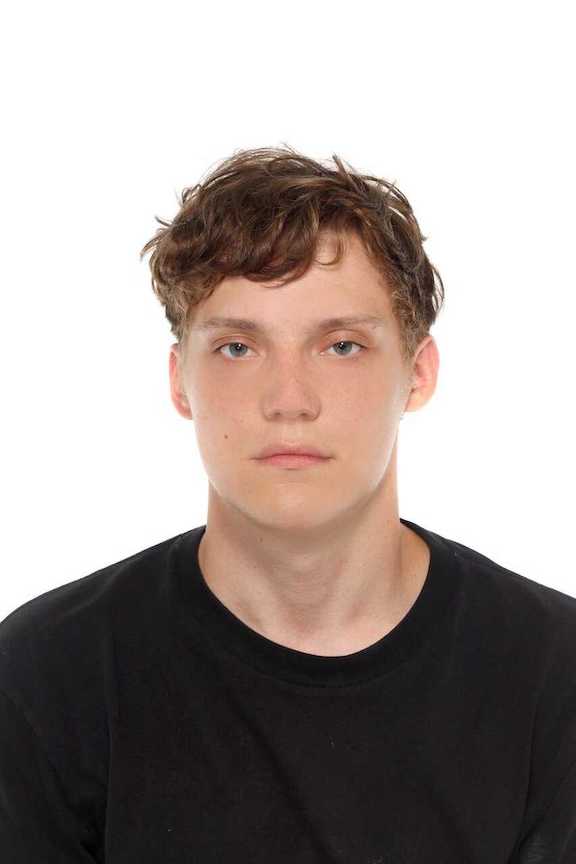
Yegor Albitskii
I am a MA of Sociology from the European University at St. Petersburg. Previously I got BA in History at the Higher School of Economics, Moscow. The topic of the main research is polarization and relationship between lifestyles and regime preferences of the population in Russia.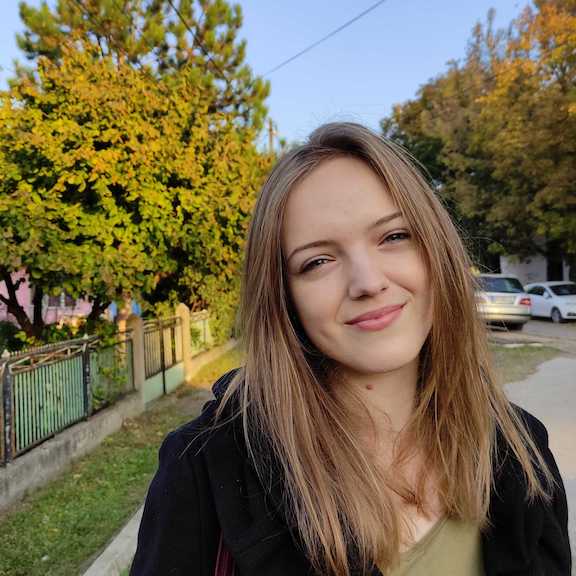
Teodora Alorić
Teodora Alorić is a student at the Sociology Master programme at the University of Belgrade. Topic of her Master's paper concerns how different professional groups see the distribution of fairness in their country. Other topics that interest her include data feminism and use of data as a tool for society.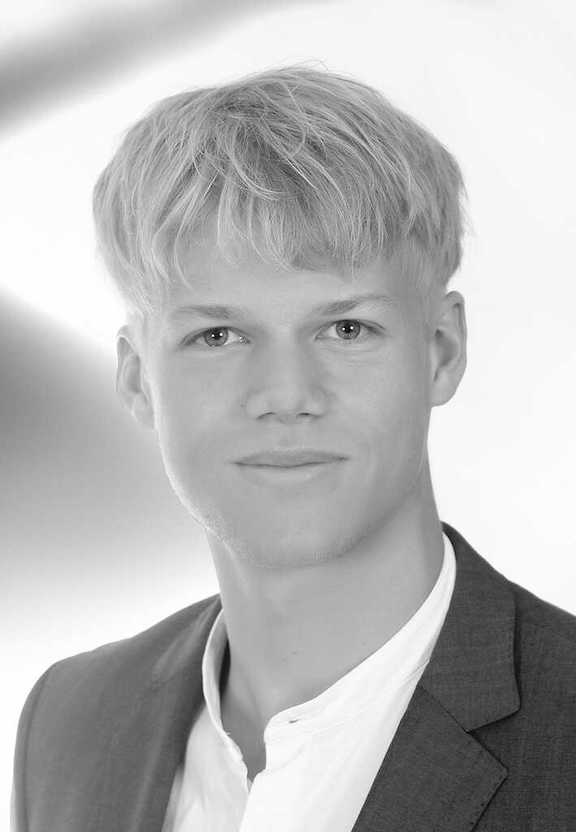
Mathias Angermaier
I am a student at the University Graz/Technical University Graz in Computational Social Systems with a background in Computer Science and Economics. My research interest focuses on the analysis of various political and economic systems and their influence on individual decision-making via Agent-Based Modelling. Further interest lies in the analysis of societal phenomena with the motivation to computationally calculate parts of their outcome while they still evolve.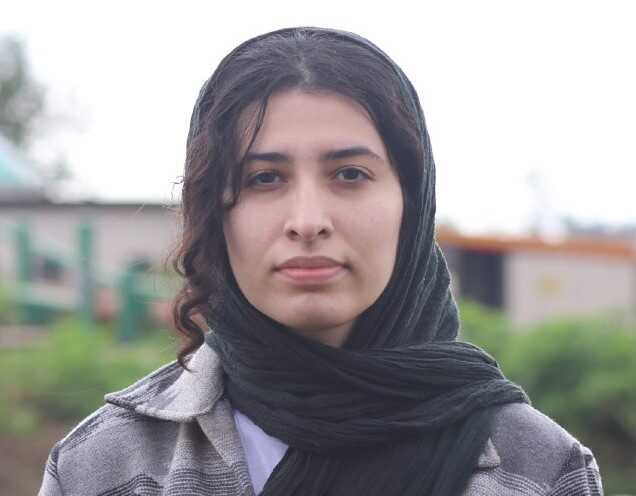
Yasaman Asgari
Yasaman is an undergraduate student studying computer science. She will attend École Normale Superieure Lyon for her master's degree. Previously, she has studied temporal aspects of human behavior on social media and social networks using tools from network science, agent-based modeling, and machine learning.
Emil Bakkensen Johansen
Emil Bakkensen Johansen is a PhD student at Digital Democracy Centre, University of Southern Denmark. He holds a master’s degree in Sociology from the University of Copenhagen. His academic interests are computational social science, information/knowledge networks, organizational ecosystems, social movements and digital communication technologies.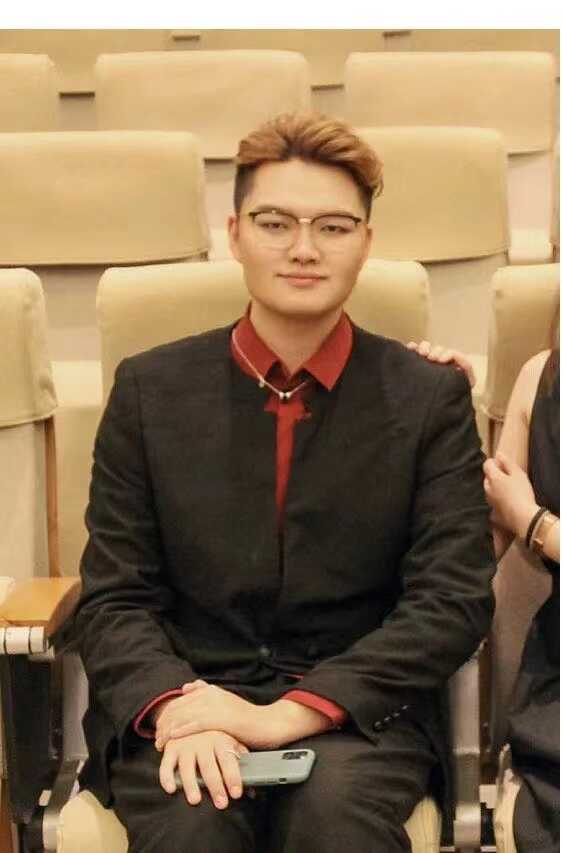
Christopher (ZHENZHI) CHU (ZHU)
Christopher Chu (Zhenzhi Zhu) received his Bachelor's degree in Economics at Sun Yat-sen University, China. Christopher is passionate about machine learning and green finance. He is the Gold Medalist of the National Geography Olympiad and published research on green finance and machine learning in high-level forums. Christopher aspires to deeply engage in machine learning and forge new paths for global green finance collaboration paths. Christopher is from China.
Andrea Cass
Andrea is a Masters student in Sociology & Social Research. Her research interests center around immigrants. She is currently studying exclusionary attitudes towards immigrants across Europe and is hoping to use computational methods for her thesis.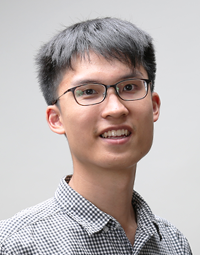
Theodore Charm
Theodore is a PhD candidate in Government at the University of Texas at Austin. His research uses regression, online experiments, and formal models to study social movements in East Asia. His work focuses on factors that motivate individuals to protest. He holds a MMath in Mathematics from the University of Oxford.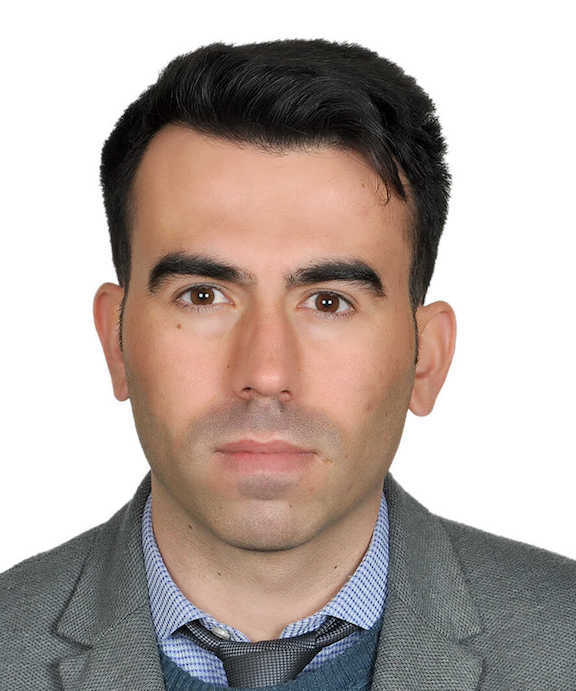
Muhsin Ciftci
Muhsin Ciftci is a PhD Student at Goethe University Frankfurt School of Economics, Finance and Management. His research interests include international finance, macroeconomics, transmission of the risks and further the application of machine learning to the field.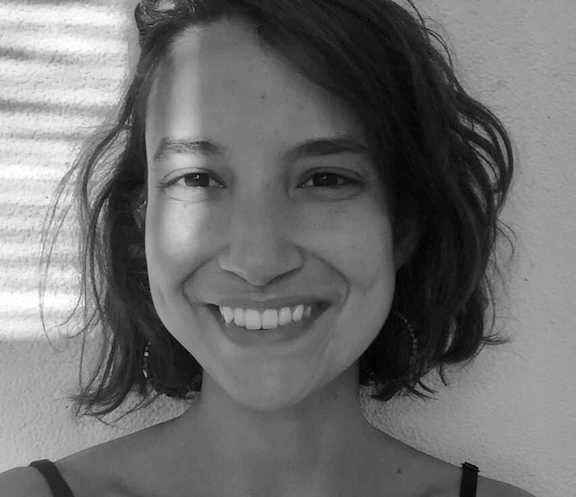
Íris Damião
Íris Damião is a research assistant in computational social science, working in the Social Physics and Complexity Lab (SPAC) at LIP. With a background in Biomedical Engineering and Neurosciences, she shifted her research focus and is currently addressing online disinformation's spreading and ways to tackle it, particularly outside of social media, where this problem tends to be overlooked. Her main interests are online privacy and tracking, the personalization of our online world, and its effects on individuals and society. She uses computational and ethical methods to understand how the information collected about us (by who and how extensively) can emphasize polarization and the spreading of disinformation.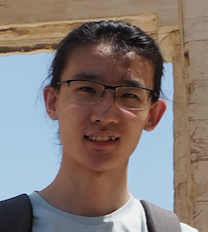
Xinkai Du
Xinkai Du is a doctoral candidate at the Statistical Modeling in Psychology. He is interested in the network modeling of attitudes and morality. Recently, he grew a strong interests in methods development and is currently developing new network psychometrics techniques.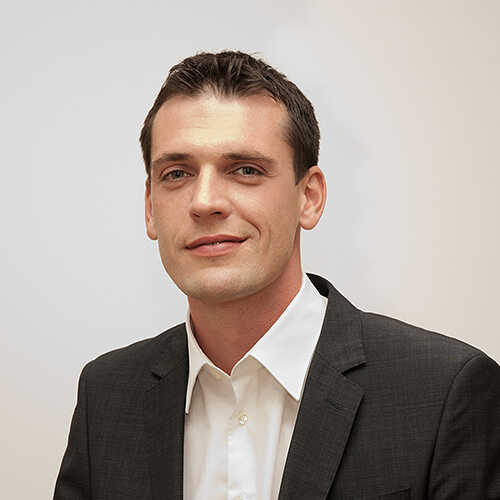
Martin Faschingbauer
In 2007 I graduated in Psychology (Master's degree) from Karl Franzens University in Graz. Since then I have been working in different work-fields like rehabilitation of people with mental impairments and school-psychology. Since March 2022 I am on a one-year educational leave, during which I am studying Computational Social Systems at TU Graz.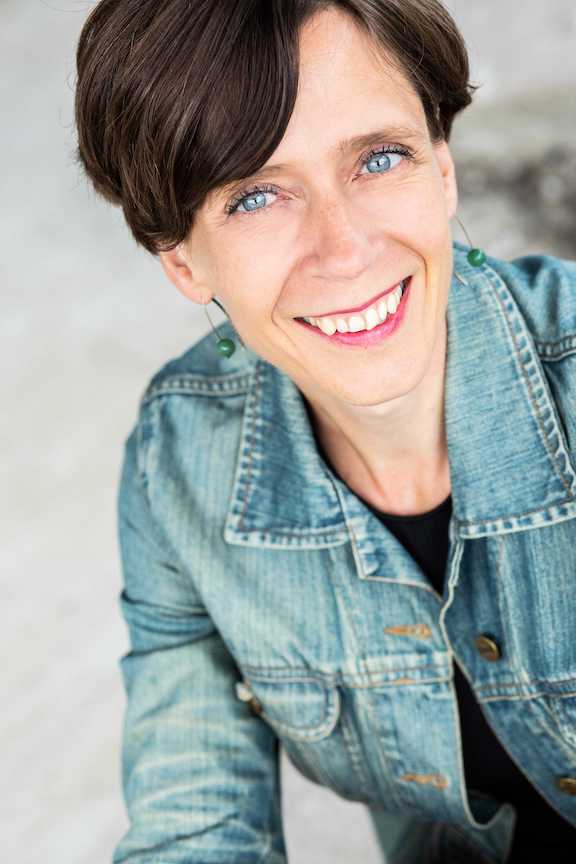
Annette Goldhausen
Annette Goldhausen is pursuing a Master's in Computational Social Systems at RWTH Aachen. She best fits the 'broadly conceived' category for both social scientists and data scientists with her longish career in international Human Resources and a background in Business Administration (International MBA Instituto de Empresa in Madrid 2006). A curious and interested party looking for additional ways to integrate learnings and research from CSS into practice.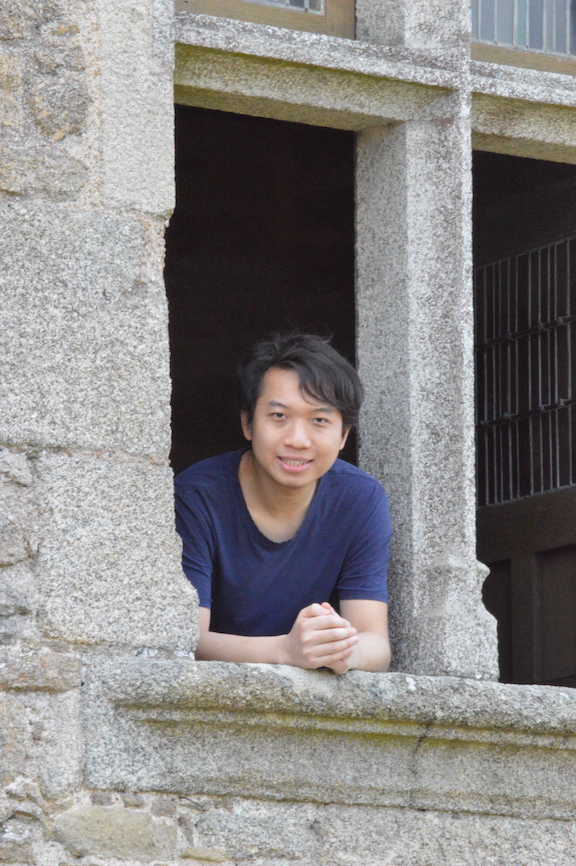
Tri Hoang
Tri Hoang is a master student at Department of Economics, University of Bonn. His research interests include Computational Economics, Information Economics, Game Theory, and Optimal Control.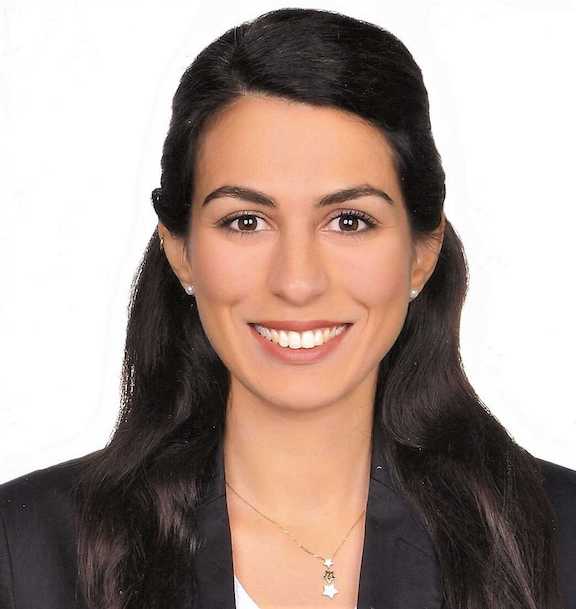
Elçin Istif Inci
Elçin Istif Inci obtained her PhD degree in Political Science and International Relations at Istanbul University as the Council of Higher Education Migration Studies and the Scientific and Technological Research Council of Turkey scholar. She was a 2020 junior visiting fellow at Maastricht University’s Centre for Citizenship, Migration and Development. Elçin also holds an Advanced MSc. in Digital Humanities from KU Leuven. Her research areas are international migration, citizenship, naturalization and sports, and computational techniques in social science research.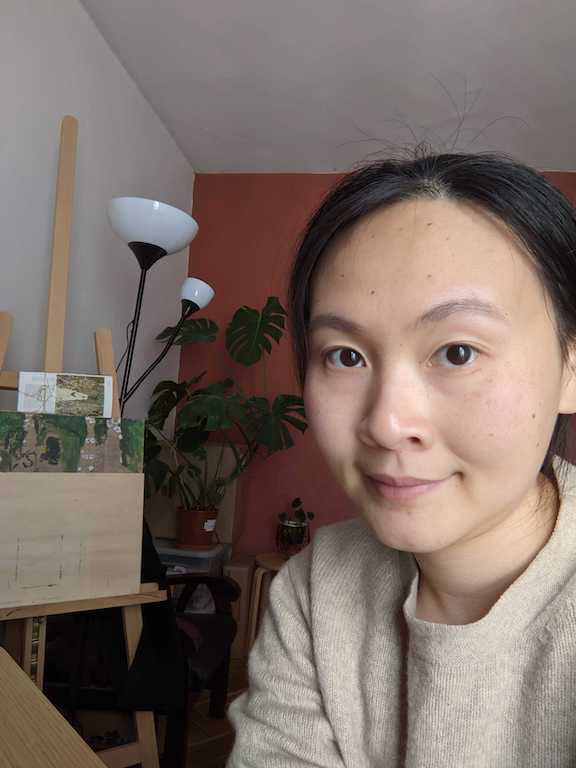
Shufan JIANG
Shufan Jiang is a doctoral student in Natural Language Processing and Knowledge Management at the University of Reims Champagne-Ardenne and at ISEP Paris. Her research interests include crowdsensing, social media, text mining for farmer-centric smart agriculture applications. Methodologically, she is very interested in using pretrained language models as explicit knowledge base for domain-specific textual data integration. Prior to beginning her PhD, Shufan worked as a chatbot developer at BNP Paribas Securities Services.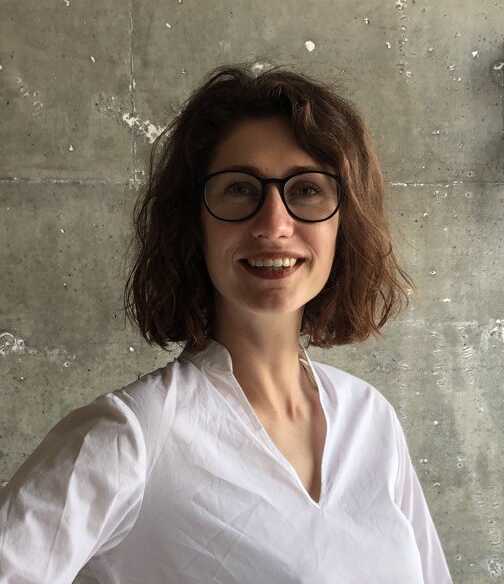
Evgeniya Korotchenko
Evgeniya Korotchenko is an independent professional with an academic background (a research psychologist, Ph.D.) working with market data, doing socio-cultural research and segmentation, and corporate ethnography for strategic decision making. During the Pandemic was released a collective whitepaper in which was discussed the research on self-confidence as a concept among females in different cultures. Evgeniya is passionate about data visualization and is attracted to getting a sense of the city through social data. Besides professional work, her lifelong interest is in the field of perception of art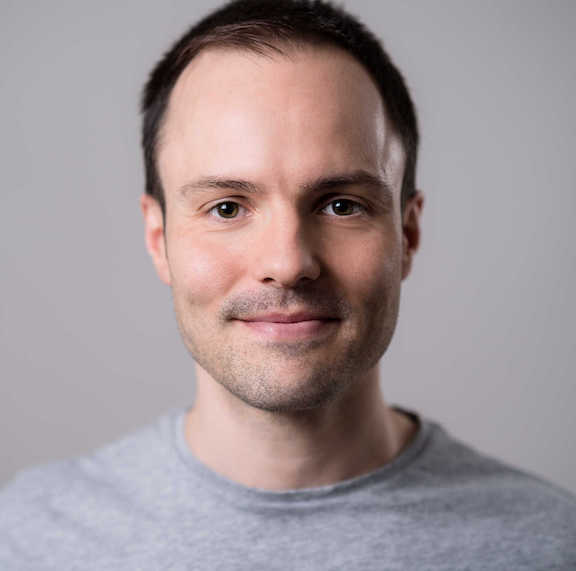
Nick Lewis
Nick Lewis is a PhD student at the London School of Economics and Political Science examining the effects of digital technology on democratic deliberation. Combining computational methods in R and Python with field experiments and surveys, he focuses on political behaviour and its interaction with communication, psychology, polarisation, and nationalism.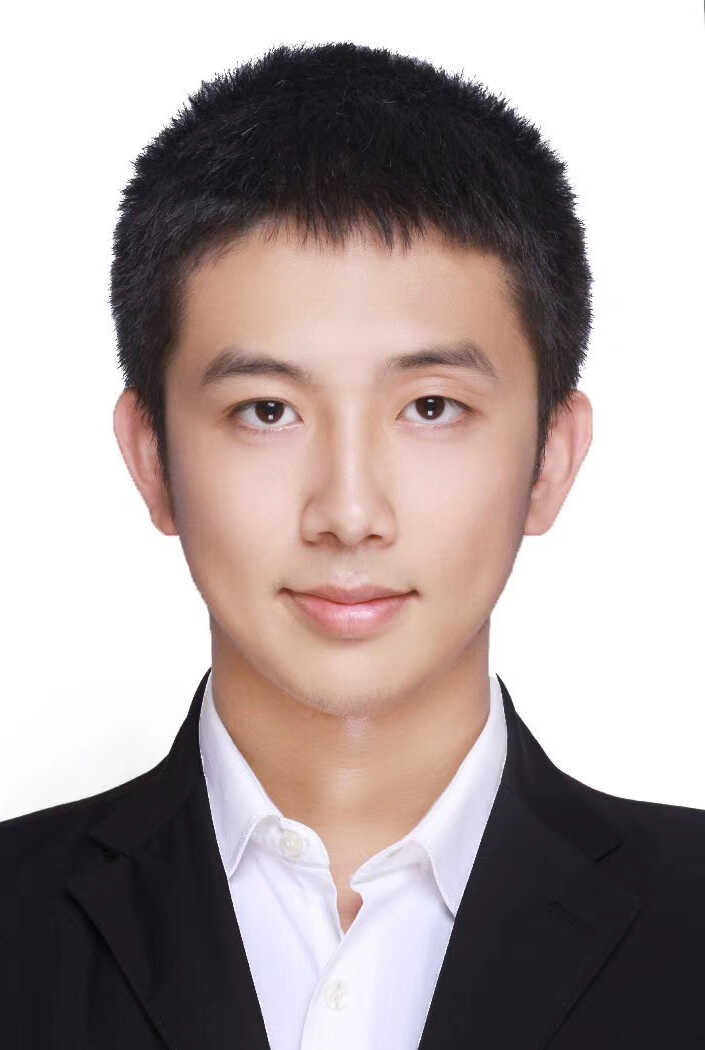
Haokun Liu
Haokun is an MSc student in Geography at Uni Bern, Switzerland. His BSc is in Geographic Information Science and Finance from Southwest University, China. Haokun’s research concerns the interdisciplinary studies that apply methods about GIScience, Complex networks, and statistics to solve questions related to social data, sustainable development, and environmental issues.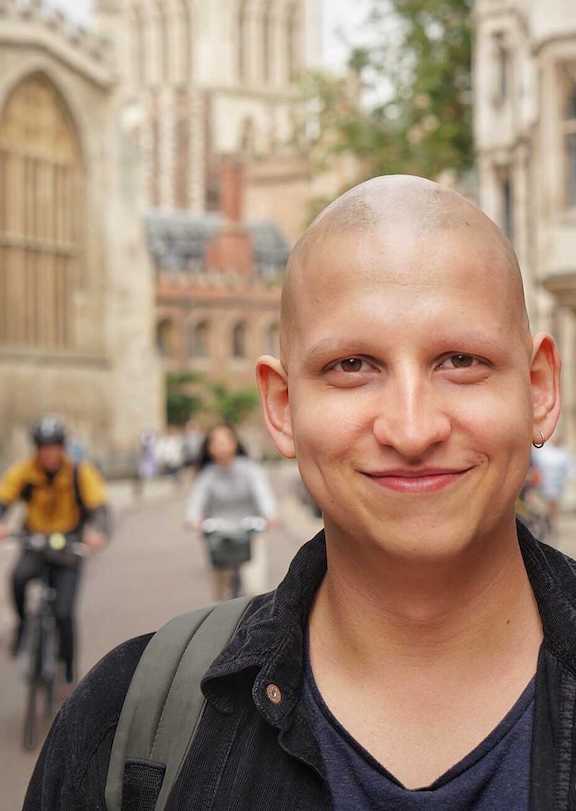
Caio Mello
Caio is a Ph.D. student in Digital Humanities at the School of Advanced Study, University of London, working for the EU-funded Horizon 2020 project CLEOPATRA, under the Marie Skłodowska-Curie Innovative Training Network. He holds a BA in Journalism and a MA in Communication, both from the Universidade Federal de Pernambuco, Brazil. His main research interests lie in the fields of digital methods, Natural Language Processing techniques (NLP), data visualisation, media studies, urban studies and digital activism. His project 'Nationalism, internationalism and sporting identity: the London and Rio Olympics' explores the media coverage of the Olympic legacies in a cross-cultural, cross-lingual and temporal perspective.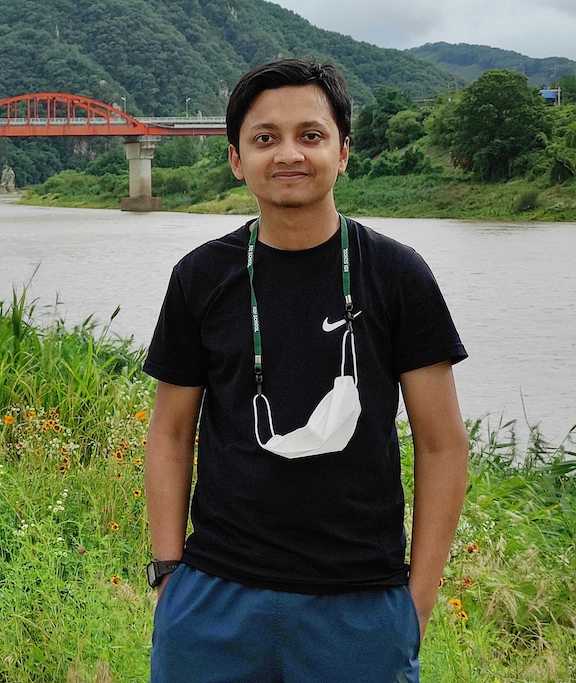
Muhammad Zahidul Islam Miaji
Miaji is an MPP student specialising in Global Governance & Political Economy from the Korea Development Institute (KDI) School of Public Policy & Management, South Korea. He completed his Bachelor of Social Science (BSS) in Sociology. He has two years of experience as a research assistant with several mixed methods research projects. He is a data enthusiast and interested in using social media data to discover various political movements and governance challenges. His interest areas are political sociology, quantitative methods, environmental politics, civic engagement, and CSS.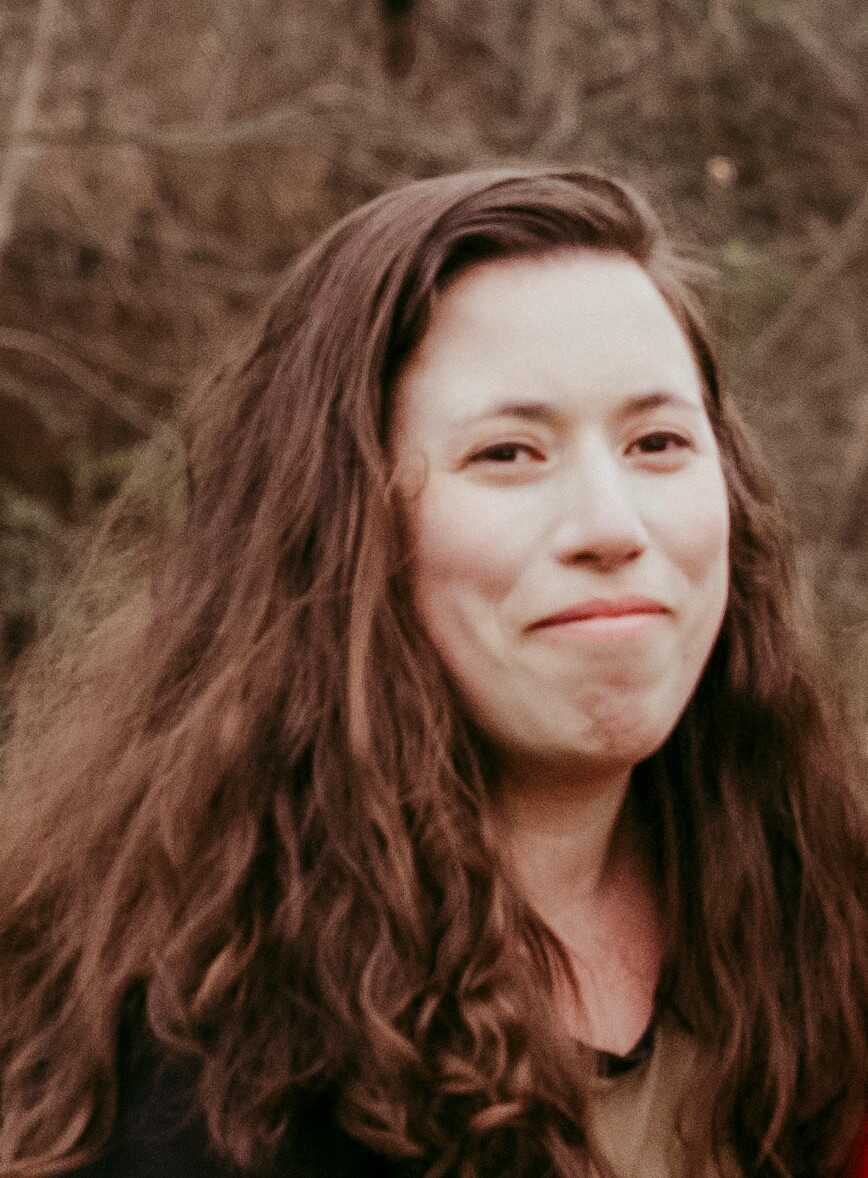
Michal Monselise
Michal Monselise is a PhD candidate at Drexel University studying data science and specializing in healthcare informatics. Her research spans multiple areas in healthcare including mental health and social media, pregnancy loss, vehicle safety, and prostate cancer. Primarily, she is interested in studying relationships and how networks influence behavior. Before going back to school for a PhD, she worked as a data scientist mainly in marketing.
Nikita Olefir
Nikita Olefir is a Political Science student in Higher School of Economics in Saint Petersburg. He holds a double degree of the Tor Vergata University in Rome. His research interests concern social movements and electoral behavior in the European Union.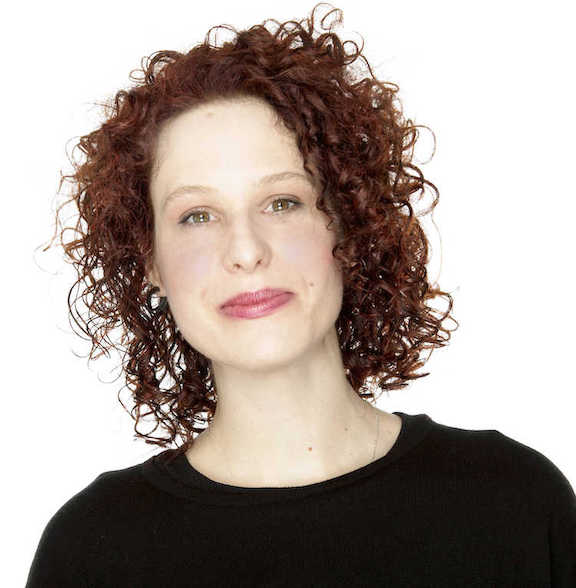
Katharina Roetzer
Katharina is a member of the research group OCKO (“Organizing Cognition in Knowing Organizations”, University of Vienna). Academic background in sociology and cognitive science, further education in data science. Research interests: socially situated cognition in (adult) learning, educational technologies, integrating approaches from design, sociology, cognitive science, and data science.Sudhang Shankar
I'm a Senior Software Engineer at ION Trading and concurrently pursuing an MSc. in Computational Social Systems at the Technische Universität Graz.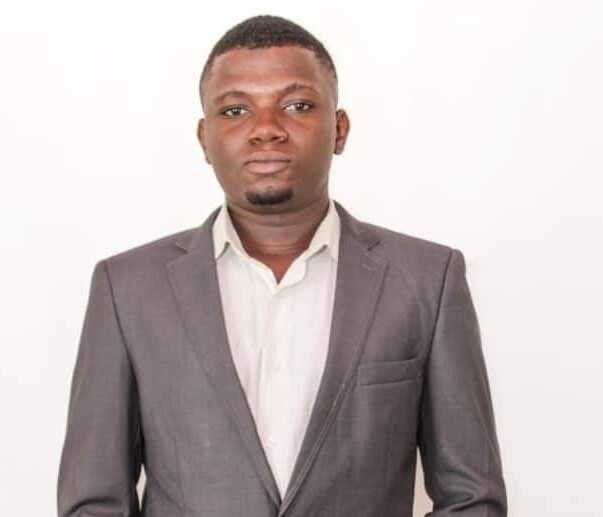
Abdoul kafid TOKO KOUTOGUI
Abdoul kafid TOKO KOUTOGUI, is a student in the Master of Collective Intelligence at the Mohammed VI Polytechnic University. His research is in the field of digital transformation, cognitive sciences, and the use of computational social sciences for a better understanding of our society complex problems.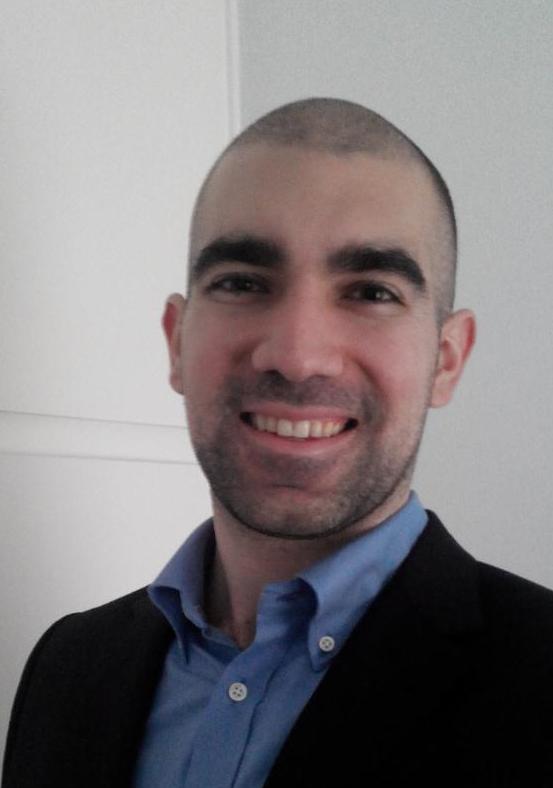
Alexandros Vlazakis
Alexandros Vlazakis is a PhD Candidate in Social Psychology Aristotle University of Thessaloniki. His research interests focus on the fields of political and social psychology, mainly in minority influence, social change processes, social movements, media framing, political engagement and participation in civic society.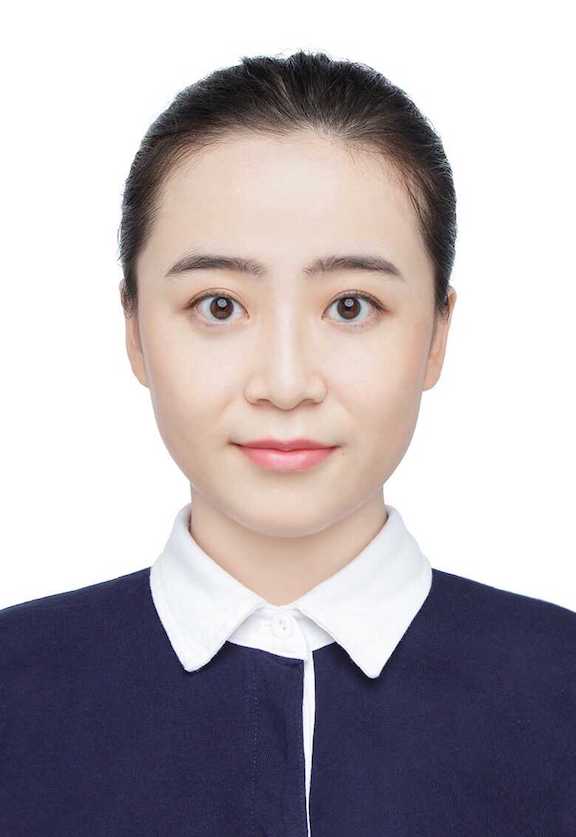
Zehui Yu
Zehui Yu is a PhD candidate in Computational Social Science at GESIS - Leibniz Institut für Sozialwissenschaften. Before that, she followed the Research Master's program in Communication Science at the University of Amsterdam and has a multidisciplinary background in Journalism and Human Resource Management. Current research focuses on online hate detection and computational methods in social science research.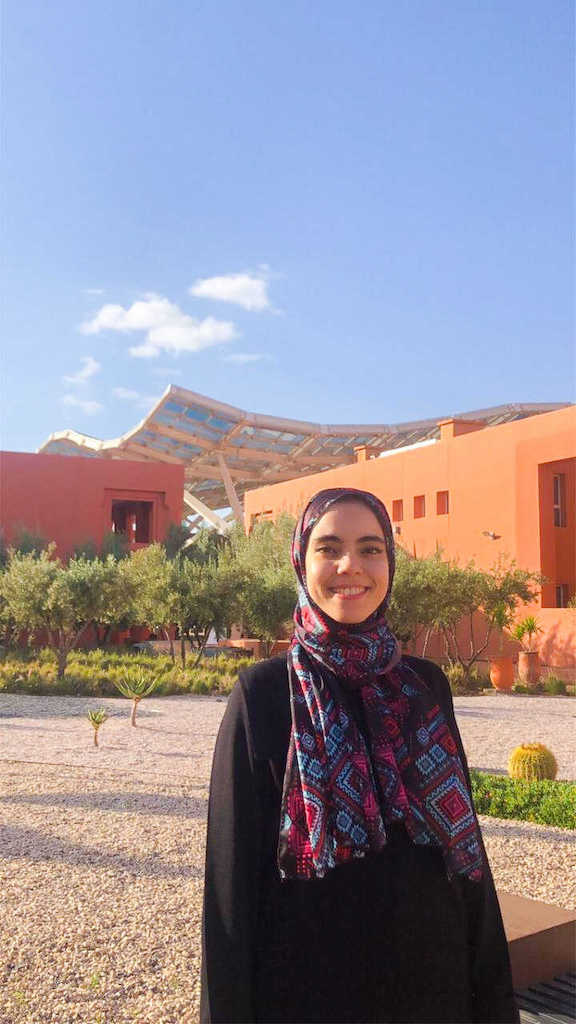
MANAL ZARIK
Manal Zarik is a final year Master of science student in Collective intelligence at the Mohammed VI Polytechnic University. She is engaged in several research projects that tackle human behavior and computational sciences. She has a passion for deploying solutions to various complex problems that exist within groups of workers in organizations to achieve the ultimate goal of enhancing the future of humankind. Her research interests include digital transformation, social networks, and computational social sciences and methods in collective intelligence for the resolution of complex problems within organizational transformations and digitalization context.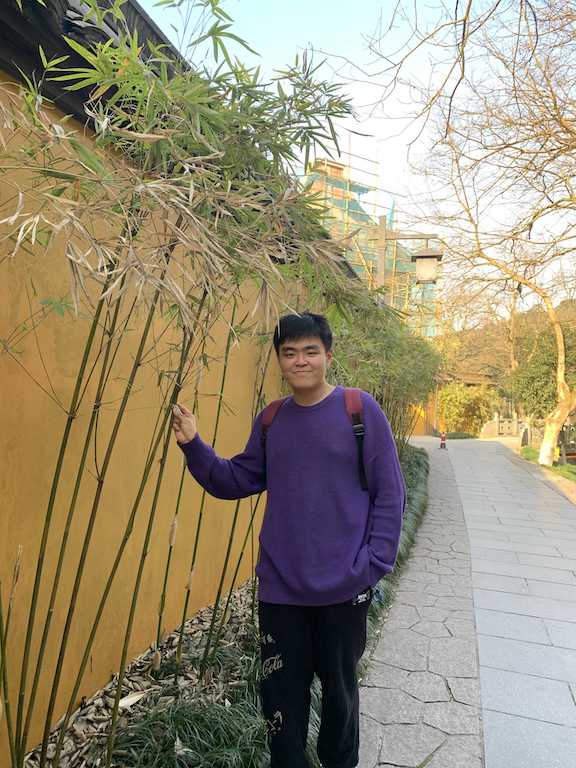
Qingcheng Zeng
Qingcheng Zeng will start his PhD journey at the Department of Linguistics, Northwestern University in 2022 fall. His main research interests are NLP and social computing, especially on online hateful contents and discourse processing. Previously he got his BA from University of Manchester and Zhejiang University.